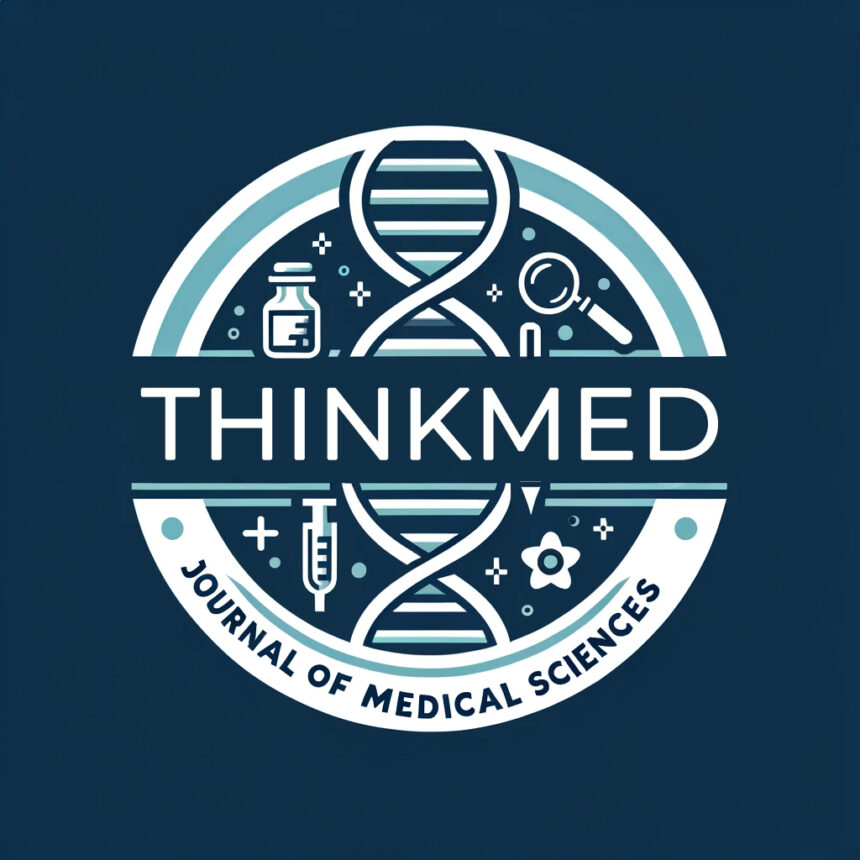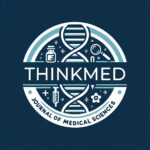World AIDS Day on December 1st serves as a poignant reminder of the global battle against HIV/AIDS. This year, as we commemorate the progress made and the challenges that persist, let us delve into the intricate world of microbiology and pharmacology, providing healthcare professionals with a comprehensive understanding of the advancements in research and treatment strategies.
Advancements in Microbiology and Pharmacology: A Comprehensive Approach to HIV/AIDS on World AIDS Day
Key insights into viral entry, replication, and immune evasion mechanisms have paved the way for targeted therapeutic interventions.
- Viral Entry and Replication:
- HIV’s ability to enter host cells through CD4 receptors and co-receptors is a crucial step in its pathogenesis. Understanding these interactions at the molecular level has facilitated the development of entry inhibitors that disrupt viral fusion.
- Ongoing research explores the intricate details of the viral life cycle, seeking novel targets for antiretroviral drugs that can hinder viral replication more effectively.
- Immune Response and Evasion:
- Microbiological studies have shed light on the complex interplay between HIV and the immune system. The virus employs various strategies to evade immune detection and destruction, contributing to its persistence.
- Insights into viral latency and reservoirs have informed efforts to develop strategies for viral eradication or sustained remission.
Pharmacological Advances in HIV/AIDS Treatment: For healthcare professionals, staying abreast of the latest pharmacological advancements is essential for providing optimal care to individuals living with HIV/AIDS.
- Antiretroviral Therapy (ART):
- ART remains the mainstay of HIV/AIDS treatment, and advancements continue to refine therapeutic approaches. Combination regimens, tailored to individual patient profiles, maximize efficacy while minimizing side effects.
- Novel drug classes such as integrase strand transfer inhibitors (INSTIs) offer potent antiviral activity with favorable tolerability, providing additional options for personalized treatment plans.
- Drug Resistance and Adherence:
- Addressing challenges like drug resistance and treatment adherence is paramount. Microbiologists and pharmacologists collaborate to monitor emerging resistance patterns and develop strategies to enhance treatment adherence, optimizing patient outcomes.
- Innovations in Prevention:
- Beyond treatment, pharmacological research has extended to innovative prevention modalities, including pre-exposure prophylaxis (PrEP). Understanding the pharmacokinetics of PrEP agents contributes to effective implementation and impact assessment.
Challenges and Future Directions: Despite significant strides, challenges persist. Healthcare professionals must navigate evolving landscapes of drug resistance, treatment adherence, and emerging viral strains. Continued collaboration between microbiologists and pharmacologists is crucial to address these challenges and drive further innovations in HIV/AIDS management.
Conclusion: As we reflect on World AIDS Day, let us appreciate the collaborative efforts of microbiologists and pharmacologists in advancing our understanding and treatment of HIV/AIDS. Through their dedication, healthcare professionals are equipped with the knowledge and tools to provide comprehensive care, bringing us closer to a world where HIV/AIDS is not only manageable but preventable. Together, as a global medical community, we reaffirm our commitment to eradicating the impact of HIV/AIDS and ensuring a healthier future for all.



